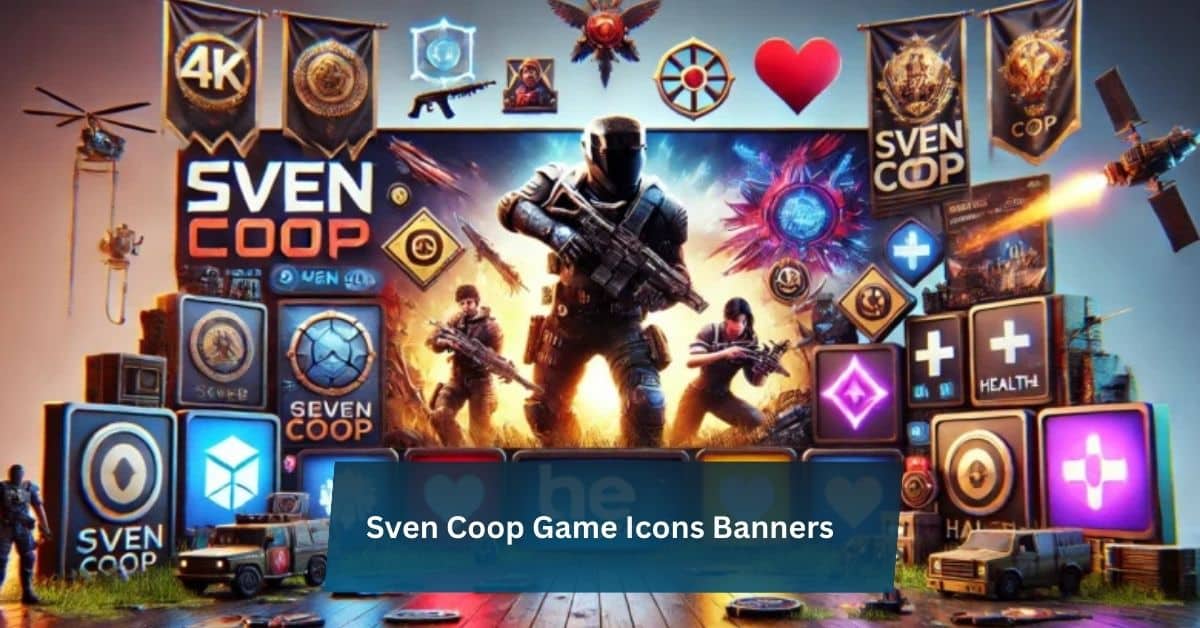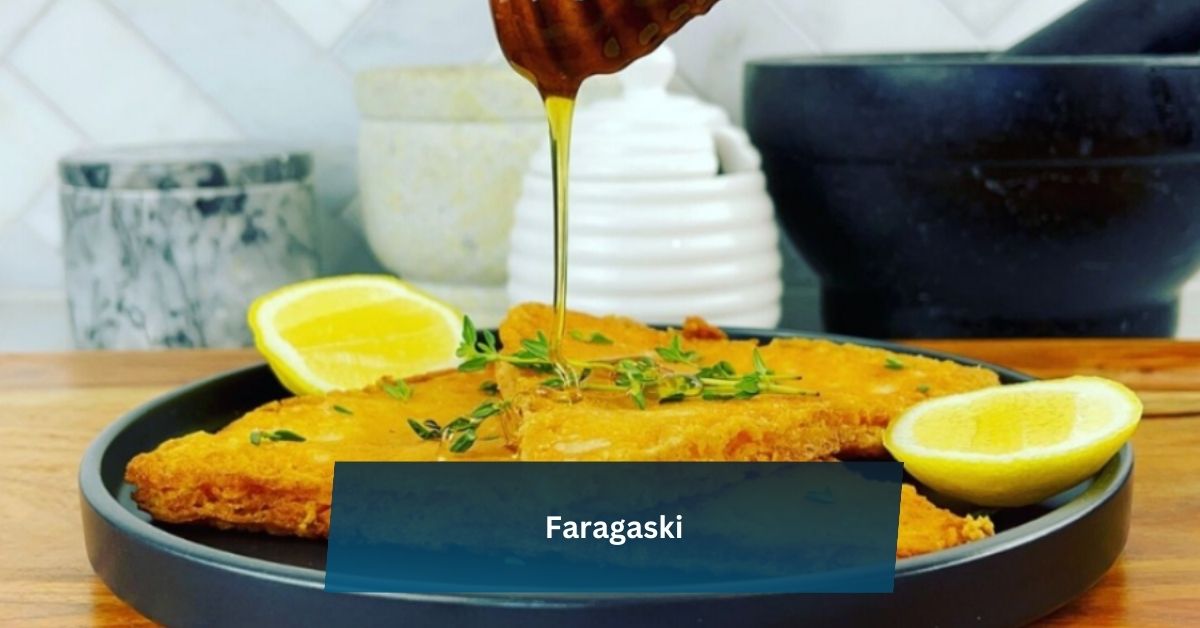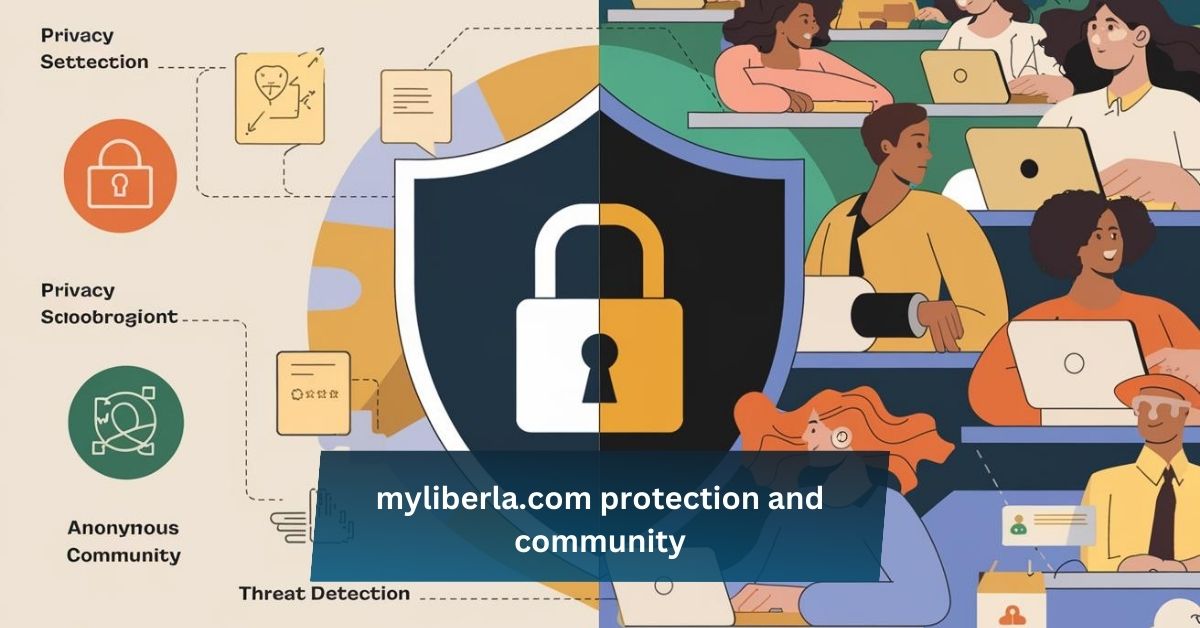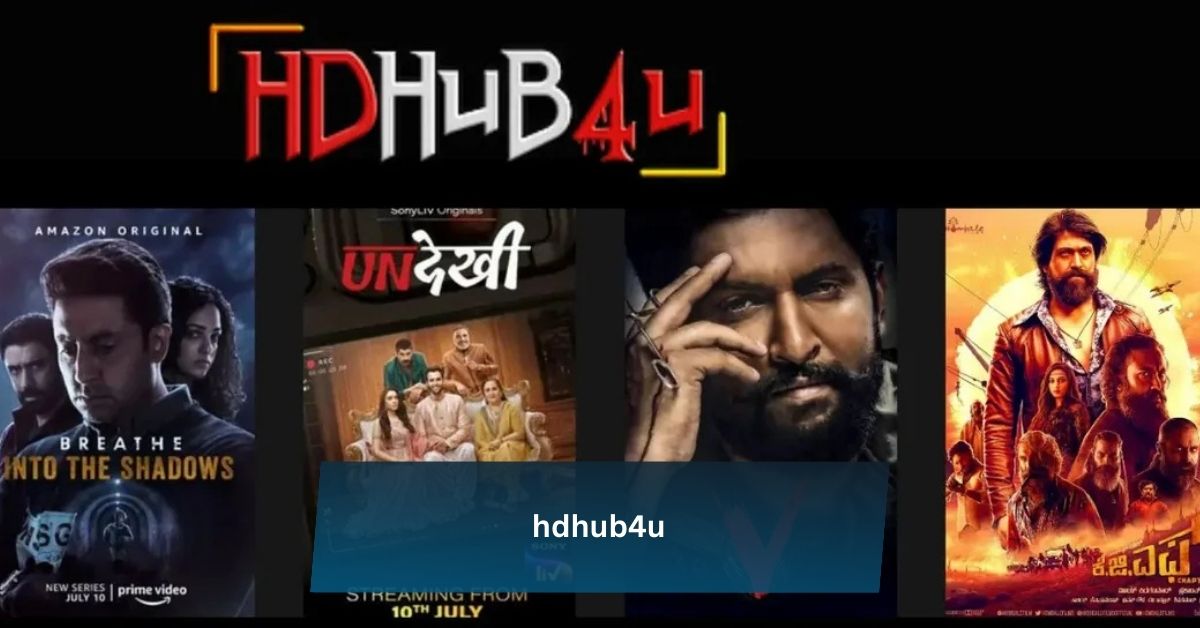When I first encountered the term “wyll” in a group chat, I found it confusing, thinking it was a typo. However, once I learned it meant “will,” I started using it myself to keep my messages casual and quick. It’s fascinating how slang like “wyll” connects people in today’s digital conversations!
Wyll is a slang term that means “will,” commonly used in texting and online conversations. It reflects the informal style of modern communication, especially among younger people. Understanding terms like “wyll” helps navigate today’s digital language landscape.
Introduction To Wyll Meaning In Text
In today’s fast-paced digital world, language is constantly evolving. New words and phrases emerge, often through texting and social media. One such term is “wyll.” Understanding what “wyll” means can help you navigate modern communication better. This article explores the meaning of “wyll,” its origin, how it is used in digital conversations, and why slang matters in today’s language.
What Does “Wyll” Mean?
“Wyll” is a slang term that often means “will.” It is commonly used in texting and online conversations as a shorthand way to express a willingness or intention to do something. For example, if someone texts, “I wyll go to the store later,” they are saying, “I will go to the store later.”
The term is particularly popular among younger people who frequently communicate through text messages and social media. Using “wyll” helps to keep conversations quick and casual.
The Origin of “Wyll”
The term “wyll” comes from the word “will.” Its usage reflects a broader trend in language where people seek to simplify their communication. With the rise of texting and social media, people have started to abbreviate words and phrases to save time and effort.
While the exact origin of “wyll” is unclear, it has gained popularity in online gaming communities and among younger generations. As people spend more time communicating digitally, terms like “wyll” become part of the everyday lexicon.
“Wyll” in Digital Communication
1. Text Messaging:
In the world of text messaging, “wyll” is often used for its brevity. For instance, someone might text a friend, “Wyll you join us for dinner?” instead of saying, “Will you join us for dinner?” This abbreviation makes it easier to type quickly, especially on mobile devices.
2. Social Media Applications:
On platforms like Twitter, Instagram, and TikTok, users frequently use slang terms like “wyll” to express themselves. In a tweet, a user might write, “I wyll definitely be there!” This casual style resonates with followers, making communication feel more relatable.
Similar Terms and Their Meanings
Understanding “wyll” also involves looking at related slang terms. Here are a few similar terms you might encounter:
- Will: The formal version of “wyll,” indicating intention or future action.
- Gonna: A casual abbreviation of “going to,” used to express future plans (e.g., “I’m gonna eat dinner”).
- Y’all: A contraction of “you all,” commonly used in informal settings, especially in the Southern United States.
- Cuz: A shorthand for “because,” often used in casual texting (e.g., “I’m late cuz I missed the bus”).
- Wanna: An informal way of saying “want to” (e.g., “I wanna go to the movies”).
- Lemme: A casual version of “let me” (e.g., “Lemme know when you’re ready”).
- Kinda: A contraction of “kind of,” used to express a degree of something (e.g., “I’m kinda tired”).
These terms showcase how language can change and adapt over time, especially in informal settings.
Understanding the Impact of Slang on Communication
1. Generational Differences:
Different generations perceive and use slang differently. Younger people are often more comfortable using terms like “wyll” because they grew up in a digital age where texting and online communication are prevalent. Older generations might find such slang confusing or unnecessary.
This generational gap can create barriers in communication. For example, an older person might not understand what “wyll” means and may misinterpret the message. It’s important to be mindful of your audience when using slang.
2. Communication Barriers:
Slang can sometimes lead to misunderstandings. If someone uses “wyll” in a conversation, and the other person doesn’t know its meaning, it could cause confusion. Clear communication is vital, so it’s essential to consider whether the slang will be understood by everyone involved.
How to Use “Wyll” Correctly
Using “wyll” is simple, but context matters. Here are some practical examples of how to incorporate it into everyday conversations:
Context Matters: Use “wyll” in casual conversations, particularly in texting or on social media.
Examples:
- Text your friend: “I wyll join you at the movies later!”
- Post on social media: “I wyll definitely try that new restaurant!”
Know Your Audience: Ensure the person you’re communicating with understands slang; avoid it in formal settings.
Stay Consistent: Use “wyll” consistently in informal conversations for a more relaxed tone.
Avoid Overuse: Don’t rely solely on slang; mix it with traditional language for clarity when necessary.
When using “wyll,” ensure that the conversation is casual and that the person you are communicating with understands slang. If in doubt, it might be better to stick with more traditional language.
The Future of “Wyll” and Slang
1. Trends in Language:
As language continues to evolve, slang terms like “wyll” may change or even fade away. New slang emerges regularly, influenced by cultural trends, internet memes, and social media. This constant evolution keeps language fresh and exciting.
2. Potential for Obsolescence:
While “wyll” is popular now, it may not always be used. Language is cyclical, and many slang terms fall out of favor as new ones take their place. Keeping up with these changes can be challenging, but it’s part of the fun of communicating in today’s world.
FAQ’s
1. What is the origin of the term “wyll”?
“Wyll” comes from the word “will” and has evolved in modern digital communication.
2. Is “wyll” used in formal writing?
No, “wyll” is considered informal and is best suited for texting and casual conversations.
3. Can “wyll” have different meanings based on context?
Generally, “wyll” means “will,” but context can sometimes change its nuance.
4. How can I learn more about modern slang?
Online dictionaries, social media platforms, and slang websites are great resources for learning about contemporary language.
5. What are other popular slang terms similar to “wyll”?
Terms like “gonna” and “y’all” are also common in informal speech.
Conclusion:
“Wyll” is a modern slang term that represents a shift in how we communicate digitally. It serves as a shorthand for “will” and reflects the evolving nature of language in our fast-paced society.
Understanding terms like “wyll” can enhance your communication skills and help you connect with others more effectively.












Leave a Reply